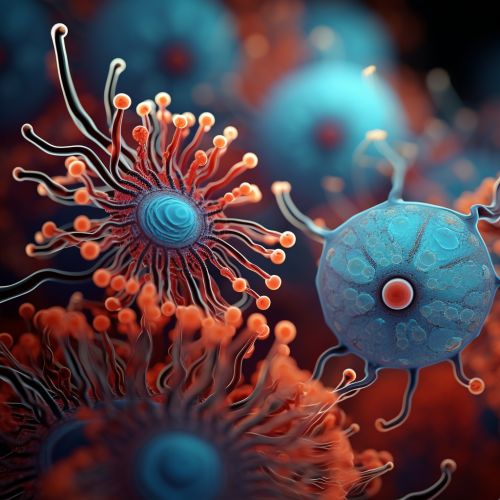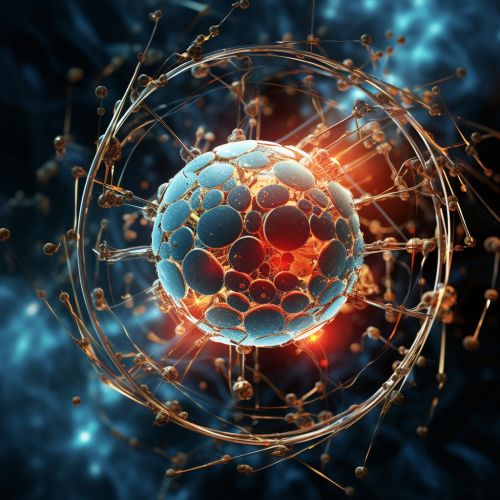Developmental Biology
Introduction
Developmental biology is a branch of biology that studies the process by which organisms grow and develop, originating from cellular biology and embryology. This field of study is primarily concerned with the mechanisms of genetic control of cell growth, differentiation and "morphogenesis," which is the process that gives rise to tissues, organs and anatomy.


Historical Overview
The study of developmental biology has a rich history, with roots in the ancient philosophies of Aristotelian and preformationist thought. The modern field, however, began to take shape in the late 19th and early 20th centuries with the advent of cell theory and the discovery of genetic principles.
Cellular Differentiation
Cellular differentiation is a process where a cell changes from one cell type to another. This process is crucial in developmental biology as it allows for the specialization of cells for specific functions within the organism.


Morphogenesis
Morphogenesis is the biological process that causes an organism to develop its shape. This process is controlled by a complex interplay of genetic factors and physical constraints that guide the growth and differentiation of cells into tissues and organs.
Genetic Control of Development
The genetic control of development involves the regulation of cell growth, differentiation, and morphogenesis by gene expression. This process is guided by the genome of the organism, which contains the genetic blueprint for its development.


Developmental Processes in Various Organisms
Developmental biology is not limited to the study of human development, but also includes the study of developmental processes in various organisms such as fruit flies, nematodes, and zebrafish. These organisms serve as important model systems for understanding the fundamental principles of development.
Current Research and Future Directions
Current research in developmental biology is focused on understanding the molecular mechanisms that regulate cell growth, differentiation, and morphogenesis. Future directions in the field include the application of these principles to regenerative medicine and stem cell therapy.


